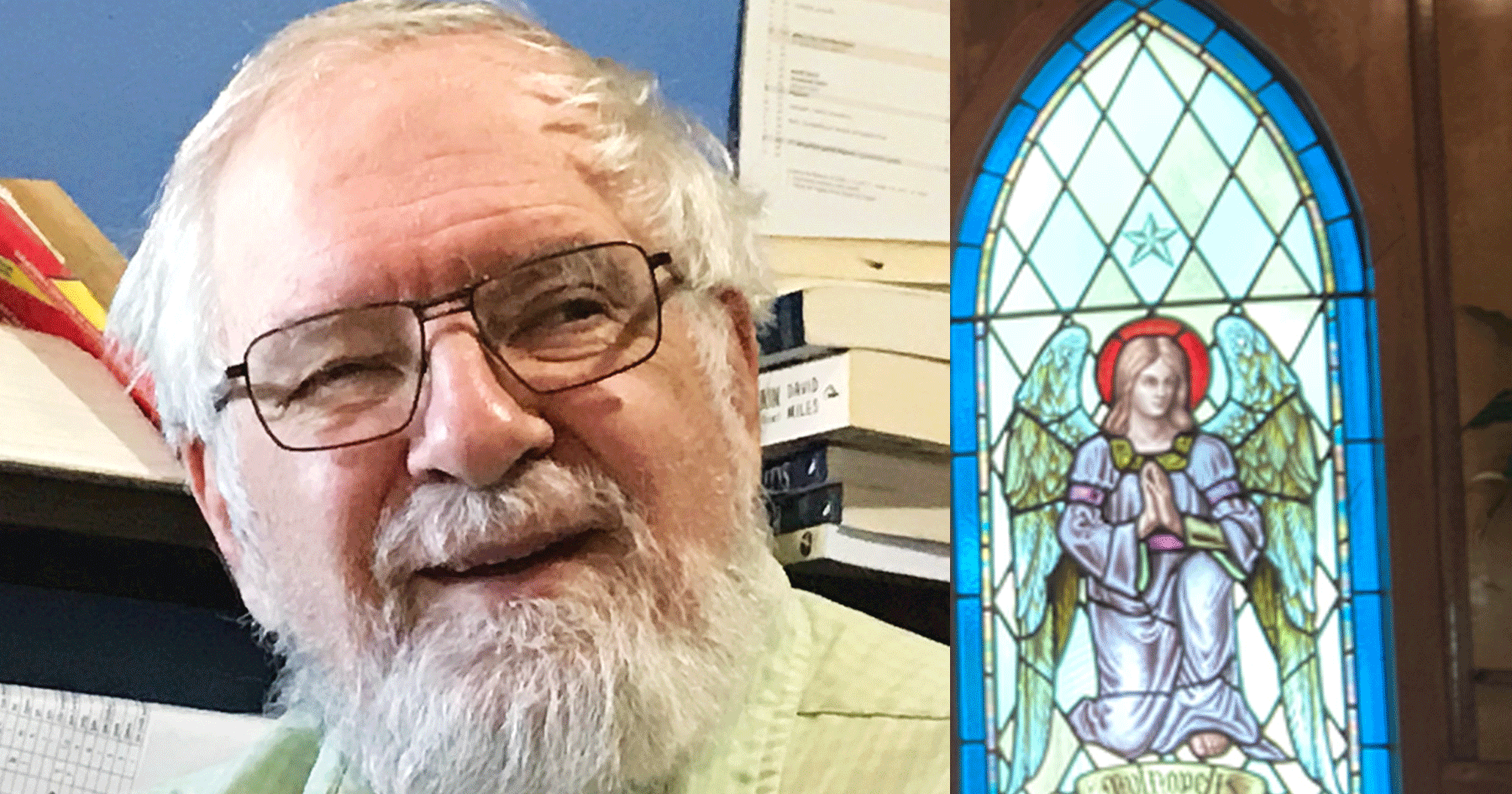Essays in Memory of Ellie Johnson Edited by Kenneth Gray and Maylanne Maybee
Dr Eleanor Johnson, universally known as Ellie, became the mission education coordinator of the Anglican Church of Canada in 1987, and from 1994 until 2005 she was the Director of Partnerships, before crowning her career with three years as the Church’s acting general secretary, from 2005 until 2008. Kenneth Gray, who worked with Ellie as a member of the General Synod’s committee on ecojustice, and Maylanne Maybee, who was her colleague in the Department of Partnerships for most of a decade, have compiled this volume to honour Ellie’s memory and to commend the work that she guided and nurtured through her inspiration and example. James Boyles has provided a superlatively concise and perceptive foreword.
The volume comprises twenty ‘chapters’, which can be sorted into several genres, including two pieces by Ellie herself, a batch of eulogies from her funeral, and a number of testimonials by people who worked beside Ellie on many of the great issues which confronted the Anglican Church of Canada during her time in office. These issues included most prominently the transformation of the ‘missionary’ perspective from the idea that the church had its mission to people living in various countries overseas into a sense of a universal partnership of the faithful in service to God’s mission throughout his creation and the denomination’s responsibility to the victims of its disastrous experience in administering a network of residential schools for the children taken from families in the First Nations communities.
It was a pleasant indulgence for me to read the several items of memorabilia, as each brought its own memories of my own times with Ellie, along with a bonus of memories of the various authors and other persons mentioned in the text, most poignantly Christopher Lind. Each of these articles shines its own beam of light on one of the specific theatres in which Ellie’s influence changed perspectives, from reconciliation to ecojustice to the ecumenical commitment of Kairos.
Andrea Mann has contributed a fine testimony to Ellie’s legacy in the church’s continuing policies and in the community spirit within the worldwide fellowship of Anglican churches, and there is a special treat in a cluster of articles which show how Ellie has cast her light on the ongoing development of our denomination’s contribution to resolving such challenges as homelessness and climate change.
In all 250 pages of stimulating reflection, I found only two quibbles. On p. 109, the reporter who met Dr Livingstone in Central Africa was not David, but Henry Morton Stanley, and on p.194, Pope Francis, in spite of his name, was not a Franciscan, but a Jesuit. Kenneth Gray and Maylanne Maybee have produced an excellent volume for the edification and further encouragement of Canadian Anglicans, and I for one am most grateful for the several items in their collection and for their enterprise in assembling the work. I recommend it most warmly to anyone who is looking for information on our denominational history or worthy examples of worthwhile investments of time, energy and resources.


